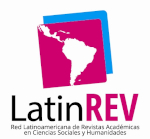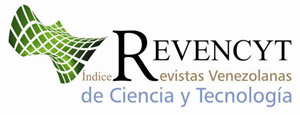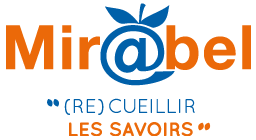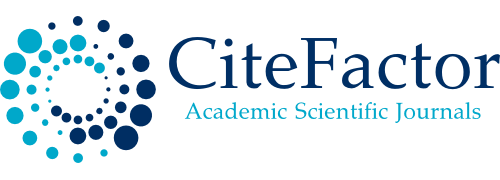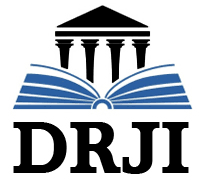Doctoral training in the professional development of university teachers
Reflections for educational transformation
Keywords:
doctoral training, professional development, university professorAbstract
The essay highlights the relevance of doctoral training as a favorable scenario for social transformation and the professional development of university teachers. It reflects on the responsibilities assigned by current legislation to Chilean universities regarding the generation, preservation and transmission of knowledge in various areas, from the sciences to the humanities, arts and technology. From this review, the fundamental role of the university professor in the educational promise of institutions towards their students and society is understood. When considering doctoral training in education, it is interpreted as a scenario for the production of innovative knowledge, where the disciplinary and research skills of the doctoral student are evident, in addition to the academic collaborations that are developed during their training journey. However, it is necessary to address various challenges that allow us to take advantage of the opportunities offered by the current context, therefore, reflections are presented on the need to promote critical-reflective thinking, support research and innovation, promote institutional support, value the diversity, promote continuous training and encourage collaboration between peers, through interdisciplinarity and ethics in the construction of the doctoral thesis.
Downloads
References
Aguirre, J. (2021). La formación doctoral desde coordenadas biográficas y profesionales. RMIE, 26(91), 1035-1059 https://www.scielo.org.mx/pdf/rmie/v26n91/1405-6666-rmie-26-91-1035.pdf
Alvarado, N., Villarreal. M. (2023). Praxis educativa. Aproximaciones epistemológicas desde el quehacer docente. Revista Honoris Causa, 15(1), 126–144. https://revista.uny.edu.ve/ojs/index.php/honoris-causa/article/view/286
Castillo, M., Rojas, J., Moreno, A. (2023). Perspectivas y retos de la formación doctoral en América Latina. Revista Científica Retos de la Ciencia, 7(14), 139–155. https://doi.org/10.53877/rc.7.14.2023010112
Comisión Nacional de Acreditación. (2022). Criterios y estándares para la acreditación de universidades.https://www.cnachile.cl/siteassets/paginas/consulta_criterios_y_estandares/universidades.pdf
Congreso Nacional Chile. (2006). Ley 20129 Sistema Nacional de Aseguramiento de la Calidad de la Educación Superior, Ministerio de Educación. https://www.bcn.cl/leychile/navegar?idNorma=255323&idVersion=2020-01-01&idParte=
Congreso Nacional Chile. (2018). Ley 21091 Sobre Educación Superior. Ministerio de educación. https://www.bcn.cl/leychile/navegar?idnorma=1118991
Fullan, M. (2015). Mejoras en colegios: Requisitos para la formación de profesores. Pensamiento Educativo, Madrid.
Garcés, M., Santoya, Y. (2013). La formación doctoral: expectativas y retos desde el contexto colombiano. Educ. Educ. 16(2), 283-29.
Salcedo, I. Fierro, B, Artola, M. (2022). La formación doctoral en ciencias de la educación: Una perspectiva. Redipe.org. Revista Boletín REDIPE 11(12): 69-82 - Diciembre 2022 - ISSN 2256-1536 https://revista.redipe.org/index.php/1/article/download/1924/1895/3082
Villarreal, M. (2021). Aproximación Didáctica para la Formación de Formadores. Una Sistematización de Experiencias en Escenarios Ipebistas . Revista Educare - UPEL-IPB - Segunda Nueva Etapa 2.0, 25(2), 161–186. https://doi.org/10.46498/reduipb.v25i2.1344
Published
How to Cite
Issue
Section
License
Copyright (c) 2024 Samira Georgina Khazmou Nazi

This work is licensed under a Creative Commons Attribution-NonCommercial-ShareAlike 4.0 International License.







